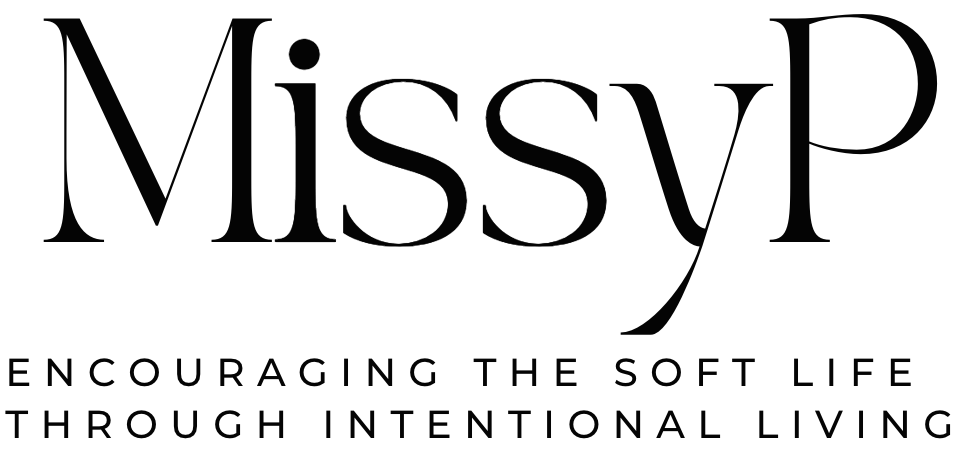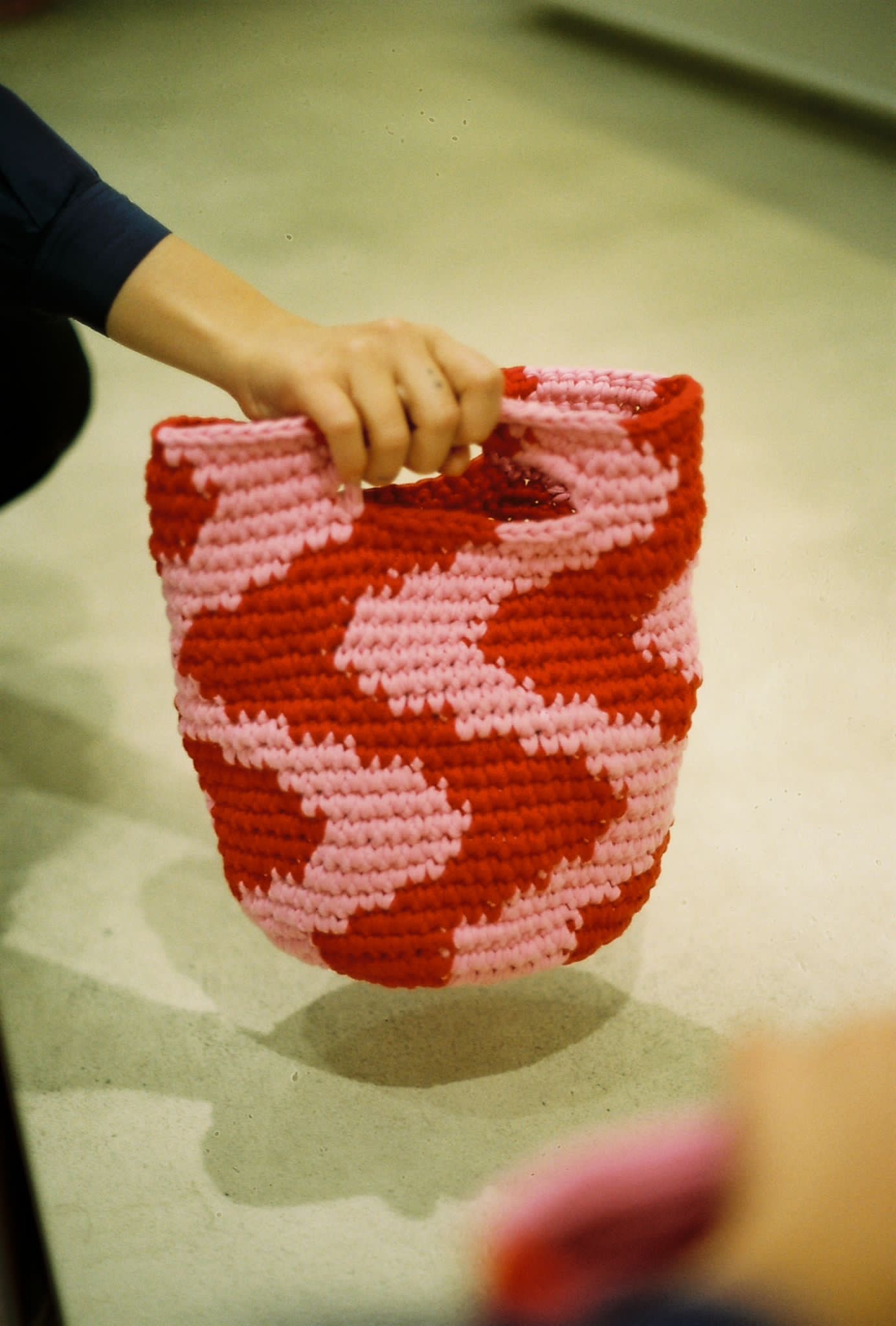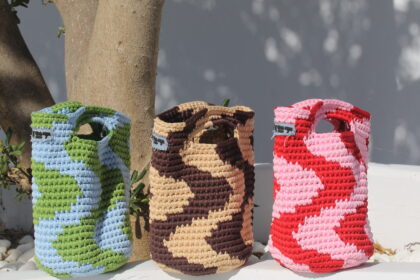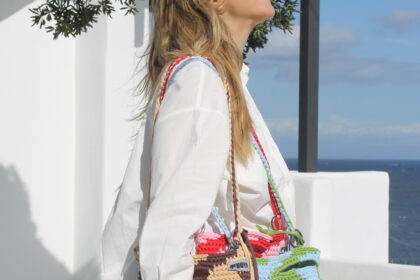As a recovered fast fashion junkie and continued clothing lover it only made sense for me to dissect this topic and share what I have learned by offering tips on how to shop and style your wardrobe ethically.
Fashionista or not, chances are you have come across the following terms slow fashion, vegan fashion, fair fashion etc. and thought “What do any of these mean and what is the difference?!”
Ethical fashion is essentially the umbrella term for this green way of dressing and accessorizing yourself.
So what is ethical fashion and how come there is a growing trend in adopting this form of textile consumption?
It’s essentially the opposite of fast fashion, which has become one of the most destructive industries in the consumer world in terms of damaging the environment, exploiting humans and harming animals (i.e. for leather).
As world issues reveal their transparency, it becomes increasingly difficult to ignore these wrong-doings. With this in mind, three major components complete the triad that is ethical fashion – people, the planet and animals.
Slow Fashion
Slow Fashion is sustainable and ethically intentional in its sourcing of high-quality materials, production of its garments and distribution of the final product.
This type of fashion places its emphasis on the planet ie. lowering emissions, sourcing non-toxic chemicals and dyes, and ultimately wearing an article of clothing (including shoes and bags) for as long as possible.
Slow fashion may also source its textiles from used materials which is defined as up-cycling.
If we think back to our grandparents’ generation, they were already utilizing a slow-fashion mentality in that they bought quality (long-term usage) over quantity (needless spending).
It was through the rise of fast-fashion empires and capitalism that this mentality unfortunately switched.
Slow fashion is having a true appreciation for the pieces one wears.
Fair Fashion
Fair Fashion is dedicated to the ethical treatment of people and the conditions in which they work.
From the cotton farmers to the seamstresses and designers, each worker along the supply chain is paid a living wage, treated fairly, and provided a safe working environment.
For example, say you enter a store and see two shirts, one for $5 from a fast fashion brand and the other for $50 from a lesser-known label, which do you choose?
This is where we as consumers get to vote with our dollar. What the price tag doesn’t read is that by choosing the $5 shirt you are essentially stripping away at the paycheque of the labourers involved in producing that shirt.
How?
There is zero fair distribution of profits (aka a living wage) along the supply chain if a garment is priced that low. In other words, it is monetarily not feasible to produce an item of clothing for $5 while paying each individual involved in the production a living wage.
Disclaimer: the higher price of a garment isn’t always indicative of the ethics behind the production either. If you’re unsure then best to research the label before purchasing.
Vegan Fashion
Vegan Fashion is precisely that – clothes, shoes and bags made without the use of any animal products. No fur, leather, feathers, silk, or wool of any kind such as cashmere.
The goal is to eliminate the unnecessary suffrage of animals by avoiding their furs, hairs and skins in the production.
Not to overlook are finer things such as buttons or detailing that are sometimes sourced from animal teeth and bones or mother-of-pearl that comes from mollusks.
Today, countless fashion companies around the globe are specializing in vegan faux materials such as leather that is sourced from apples, pineapples and even cactuses!
These innovative labels support the argument that animal products do not need to be included in fashion for style to take shape.
You might, for example, be wondering how you would classify a vintage leather jacket found in your parents’ closet. Depending on where on the triad you find yourself, this could be considered slow non-vegan fashion, whether or not it is ethical is a question you have to answer for yourself.
How to Include Ethical Fashion in Your Wardrobe
• Shop at second-hand or vintage stores and flea markets.
• Host a clothing swap with your friends.
• Raid your (grand-) parents’ closet for vintage clothes or bags.
• Invest in high-quality/long-lasting pieces that weren’t made in mass production.
• Bring your clothes to a tailor/seamstress for repair or altering.
• Support designers who are ethically sourcing their materials.
• Do not wash your clothes after each wear especially your denim pieces.
• Play dress-up by going through your closet and mixing/matching different pieces for a fresh new look.
• If unsure about a label, research before you purchase!
A Small but Mighty Selection of Ethical Fashion Brands
• Studio Twist
• Matt & Nat
• Armedangels
• Womsh
• Watt Handcrafted
P.S. If you enjoyed this article and would like to learn more about slow fashion, listen to this podcast episode!
*The above image is the BEA bag from Studio Twist. All pieces are personally crocheted by my besty, Sophie in France. She founded the label in 2022.
Thanks for reading!
xo, Missy




